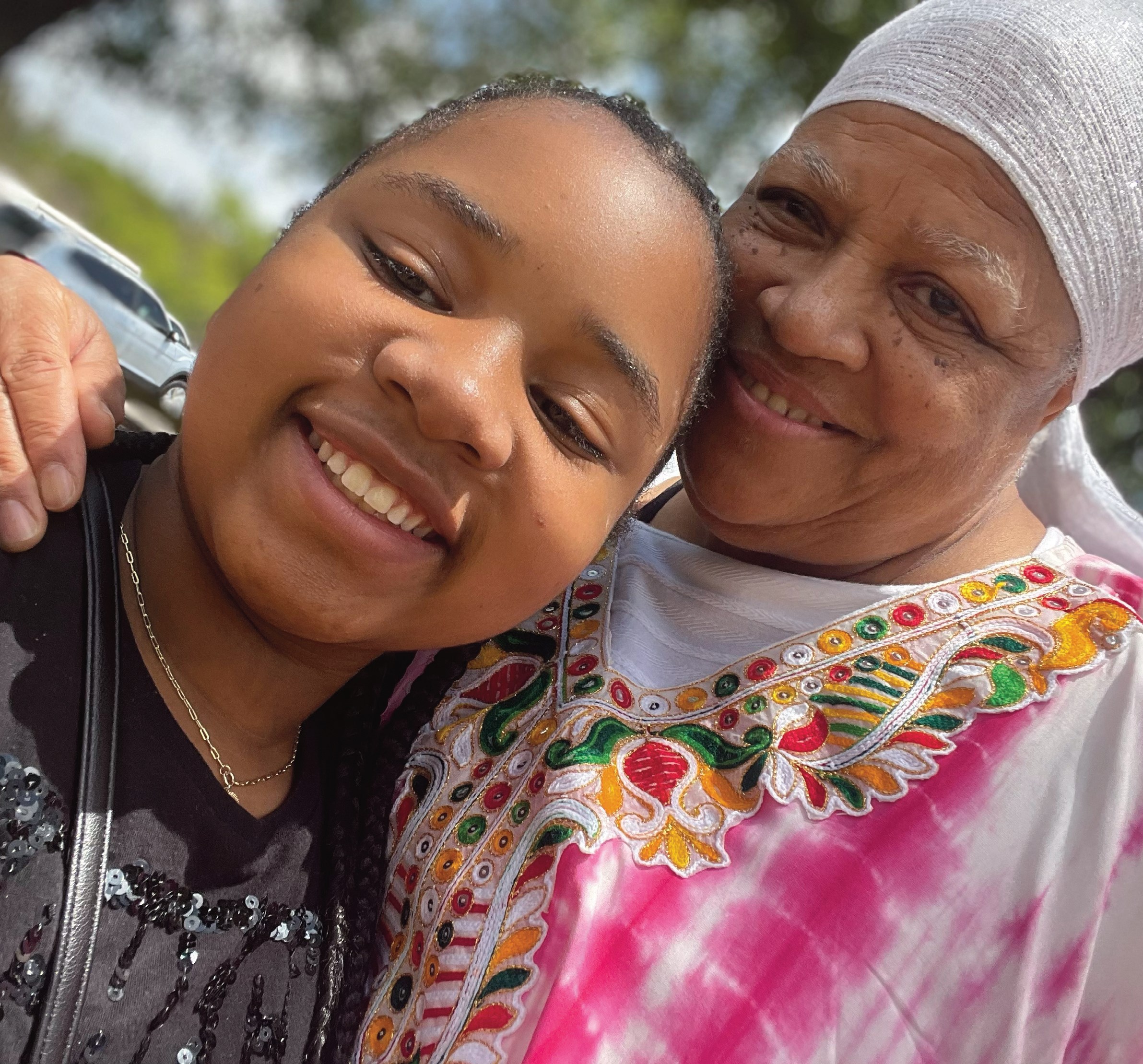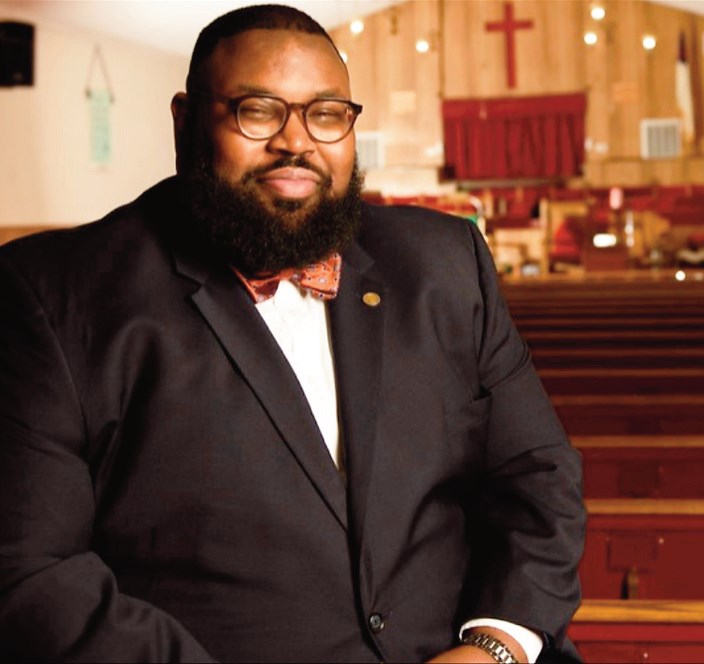Columbia, S.C. (AP) – It was 2:45 p.m. on a Wednesday in early November, and the truck carrying a shipment of meat to Halal International was late. Owner Ulfat Shagiwall paced the length of his market: down the crowded aisles, behind the butcher counter, into the refrigerator, through the stock room and out the back door. But still, no meat.
Halal International, its shelves stuffed full of Middle Eastern and Southeast Asian goods, sat largely empty. Shagiwall’s customers had memorized the typical delivery window – Wednesdays, between 1:30 p.m. and 2 p.m. The weekly drop-off was the best chance for many Muslims in South Carolina to purchase the freshest halal meat.
“Halal” is a term describing an action or thing permissible under Islamic law; it is the opposite of “haraam,” which is forbidden. When “halal” is specifically applied to meat, it means the animal has been prepared for consumption according to Islamic law.
LOWCOUNTRY GROWN
An Arabic phrase thanking God must be recited before slaughtering the animal. There is also a specific way in which animals should be killed: a cut to the jugular vein, carotid artery and windpipe, helping it quickly lose consciousness. All blood inside the animal must drain before further processing.
While there is a basic understanding of halal meat among all Muslims, the religion is old and vast, leading to some variance in practice and personal preference. Modernity and colonialism have also changed how people think of halal meat, said Garrett Davidson, professor of Arabic and Muslim world studies at the College of Charleston.
Some stores, including a few local markets and Costco, sell frozen halal meat, as well as meat from animals killed by a machine. The Quran, the Muslim holy book, also permits consuming meat killed by Christians and Jews. Accessibility constraints could influence how Muslims interpret halal.
Shagiwall’s customers, however, will travel from all over the state, including from the Charleston area, for a particular kind of halal meat.
He purchases it from three U.S. suppliers, all of which employ Muslim butchers at their slaughterhouses. The meat is guaranteed to be fresh and hand-killed, and is sold at some of the best prices, Shagiwall said.
These are the factors which have kept customers coming back in the three years he’s owned the place. Good prices and a dependable, predictable meat supply.
Shagiwall’s phone blared again – another customer wanting an update on their meat order.
“Come in a few hours,” he said.
The Charleston area’s Muslim community has exploded in growth in the 35 years Dr. Ghazala Javed has lived here. What started at a handful of Muslim families has expanded to what must be about 500 now, she estimated.
The number is expected to only get higher. Islam is the fastest-growing religion in the world, the Pew Research Center reported in 2017. Muslims will grow more than twice as fast as the overall world population between 2015 and 2060, the group found.
HALAL ONLY
Javed, who considers herself a moderate Muslim, cooks only halal meat at home, purchased from Halal International and similar stores in Charlotte.
The local Muslim community is tightknit, and families coordinate trips to Columbia or even Atlanta to stock up on meat to distribute back home, Javed said.












No Comment